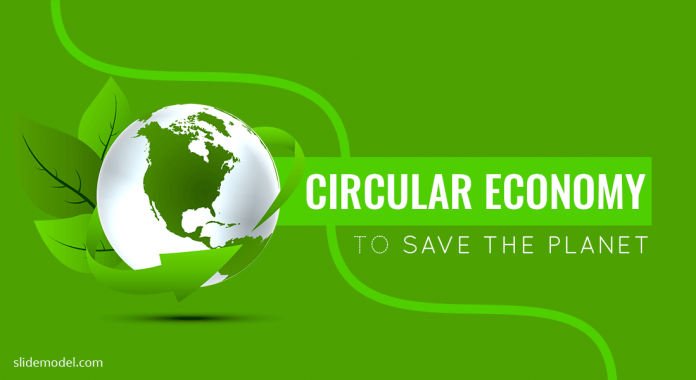E-waste is having a significant negative impact on Africa. With a huge market for electronic goods, many people do not consider what happens to their products once disposed of. Worldwide, we produce approximately 50m tonnes of e-waste every year. Although approximately 20% of our e-waste will be repurposed, a massive amount often ends up as landfill which is burnt, traded illegally or not disposed of effectively, leading to hazardous substances leaking into the environment. The proper disposal of e-waste remains a significant problem. Heavy metals including lead, cadmium and mercury that are usually found in fridges, LCD screens and air-conditioning units not only pollute soil and water but can enter the food chain creating a toxic mix of negative health effects.
The growing problem of e-waste in Africa
Unfortunately, a large proportion of e-waste exports go to Africa from a variety of countries which mean that this continent has a huge e-waste problem to contend with and not just of it’s own making. With European countries being the worst culprits for illegal waste loads going to developing countries, Africa is top of the list as an e-waste destination. With the exponential growth of African populations to approximately 2.5 billion by 2050 this kind of environmental issue highlights a serious concern for sustainability.
The Circular Economy
The circular economy is a relatively new concept that involves adopting strategies to ensure that the value of products and materials is sustained for as long as possible. The objective of the circular economy is that resources and waste are minimized. It also entails ensuring that when a product reaches the end of its useful life it can be recycled to create further value where possible. Read more…



